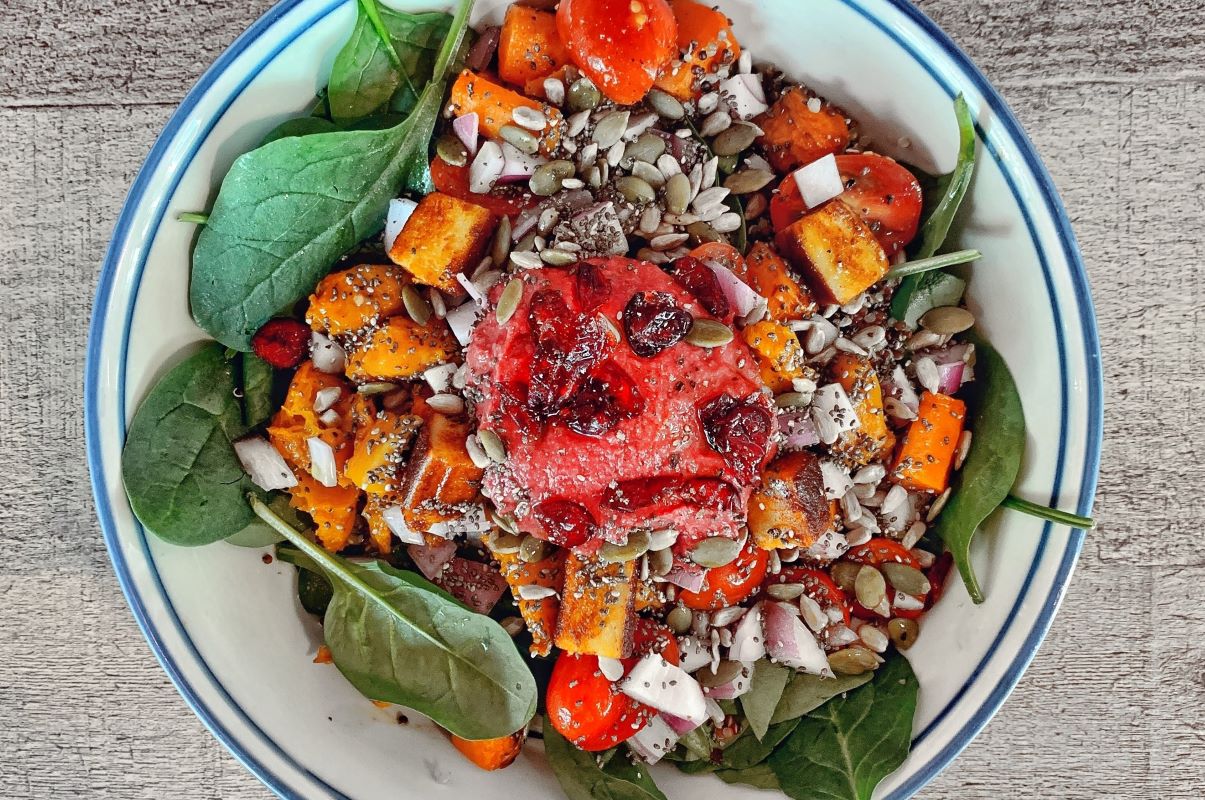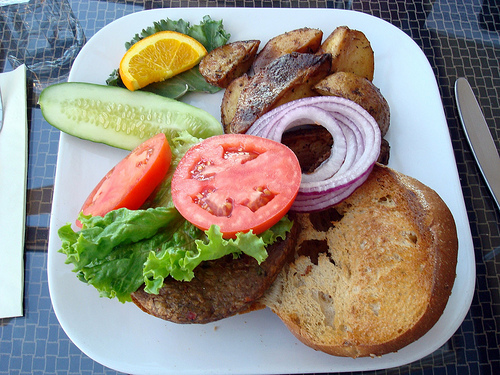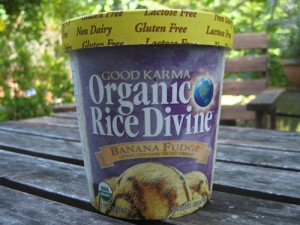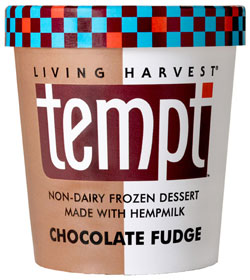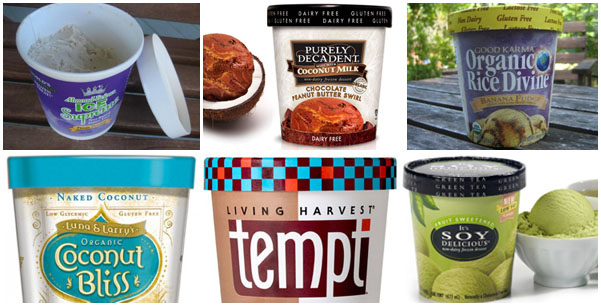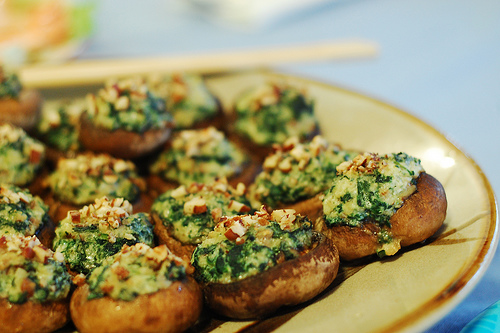Table of Contents
Vitamin E is a crucial part of our daily diet, playing a vital role in various bodily functions. It is a powerful antioxidant that helps protect cells from oxidative damage, enhances the immune system, and promotes healthy skin.
However, for vegans, obtaining enough vitamin E can sometimes be challenging due to the limitations on certain food sources and supplements containing animal products. This article aims to provide comprehensive information for vegans looking for alternative sources of vitamin E.
Vitamin E and Its Importance in the Body
Vitamin E is not a single compound but a group of fat-soluble vitamins, including alpha-tocopherol and gamma-tocopherol, which have various health-promoting roles. These range from powerful antioxidant properties to immune support and protecting cell membranes.
Antioxidant Defense
Vitamin E acts as a potent antioxidant, neutralizing free radicals that could otherwise damage cell membranes and other structures within the cell. The vitamin contributes to cellular health by protecting against oxidative damage that can lead to premature aging and diseases.
Foods rich in Vitamin E, such as sunflower seeds and vegetable oils, are an excellent choice to help your body fight off damage from oxidative stress.
Immune System Support
Vitamin E bolsters the immune system, making it easier for the body to fight off various infections and diseases.
A diet rich in vitamin E from plant-based sources can be particularly beneficial for vegans who aim to meet their daily needs without relying on dietary supplements containing animal products.
Skin and Cell Health
In addition to its internal benefits, vitamin E is crucial for maintaining skin health. The vitamin helps create red blood cells and widens blood vessels, preventing blood from clotting.
It’s also been suggested to reduce signs of aging and combat skin damage caused by the sun or environmental factors like cigarette smoke.
Vegan Food Sources of Vitamin E
Vegan diets can easily meet and even exceed the daily requirements for Vitamin E with a little planning. Here are some of the best sources of this crucial nutrient that fit seamlessly into a vegan diet.
Nuts and Seeds
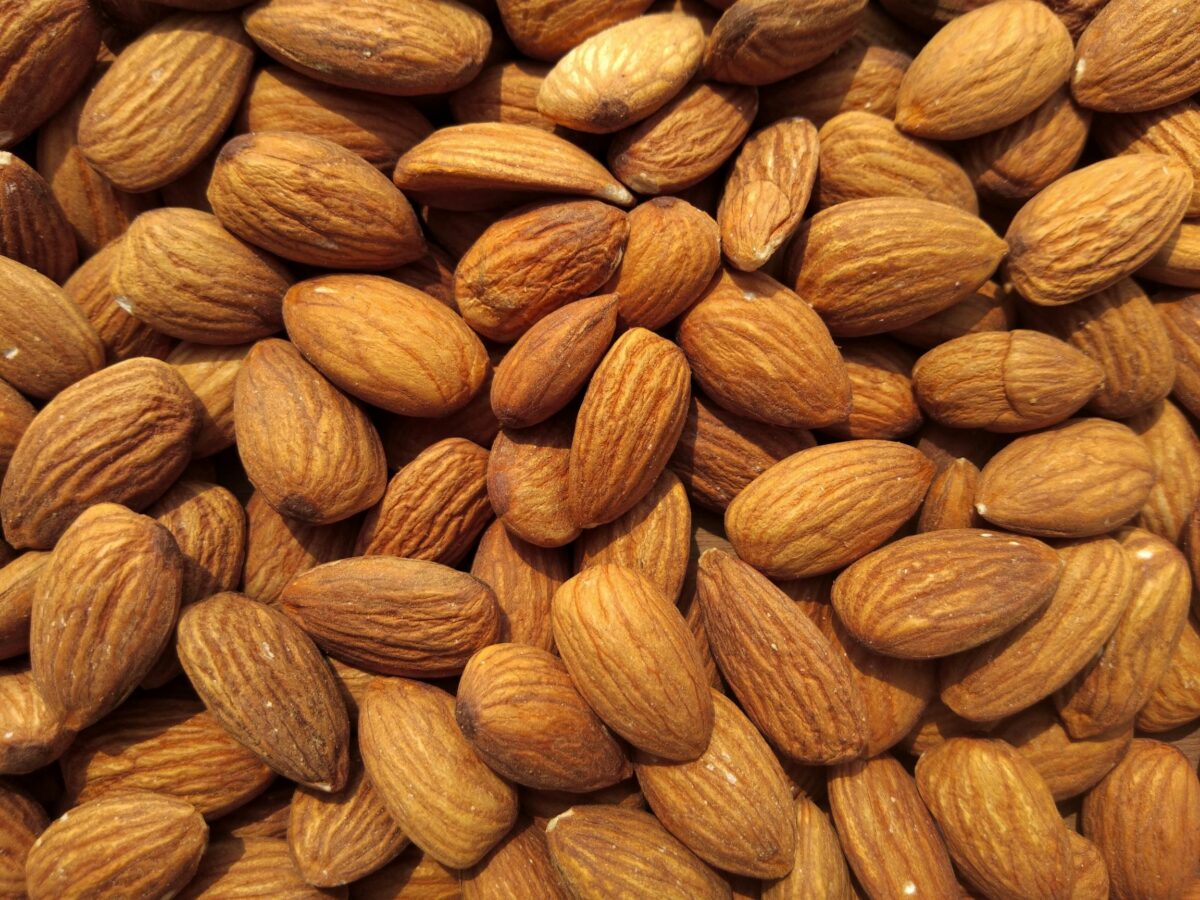
Almonds
A popular choice among vegans, almonds contain about 7.3 milligrams of vitamin E per ounce. Eating almonds often can help you meet your daily needs for this fat-soluble vitamin.
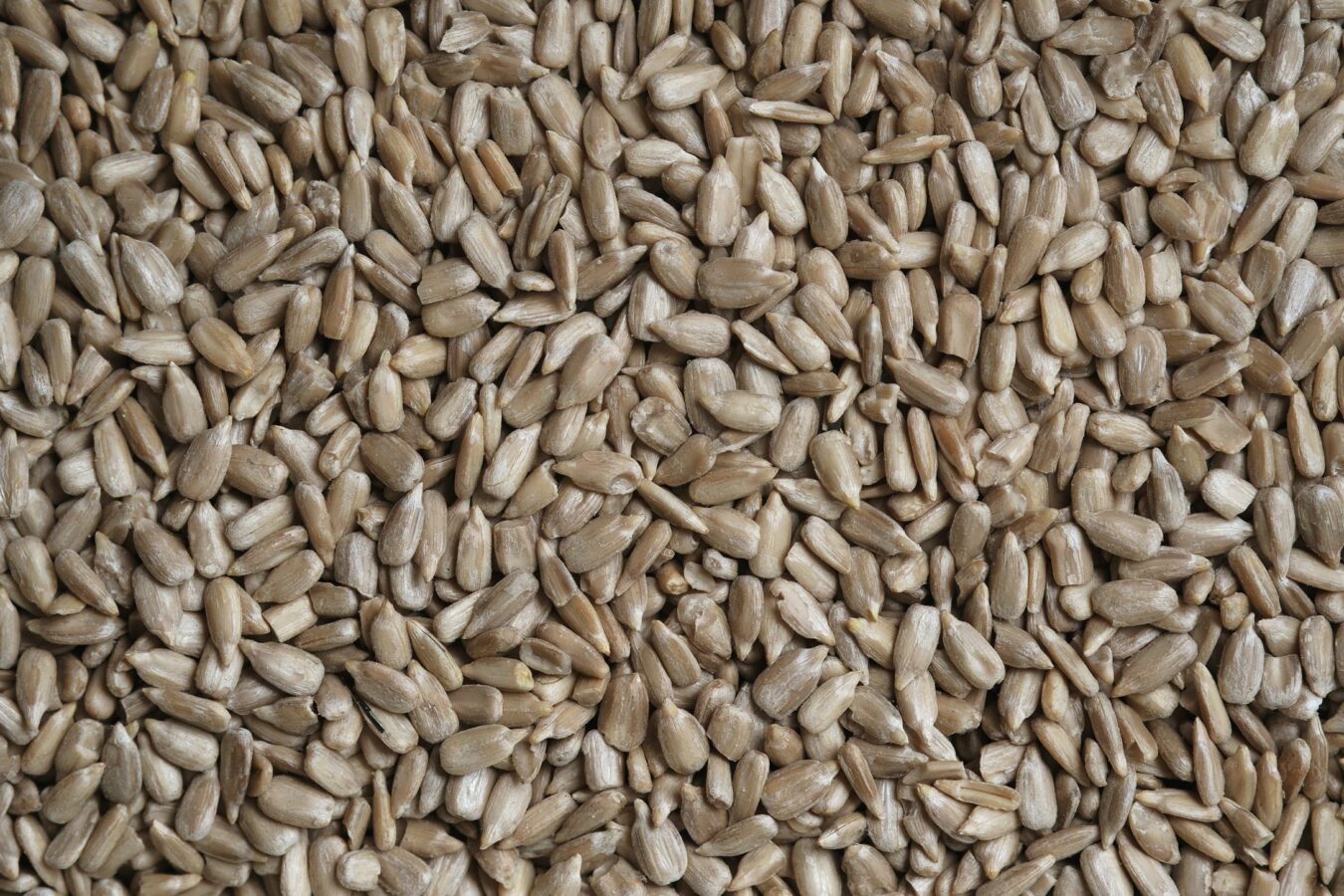
Sunflower Seeds
Known as one of the best sources of vitamin E, a tablespoon of sunflower seeds can provide almost 90% of your RDA. They can be an excellent choice for snacking or adding to meals.
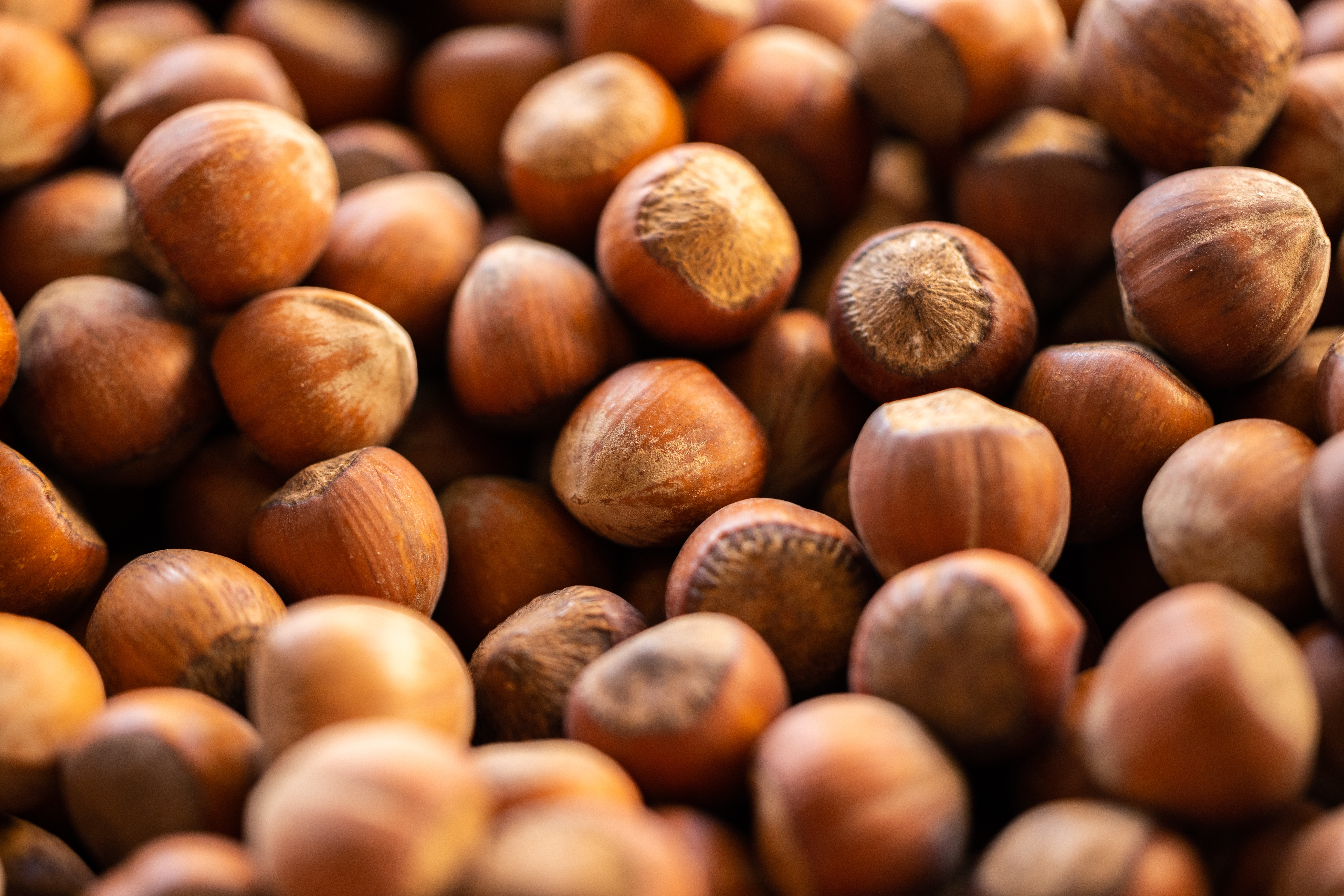
Hazelnuts
Around 4.3 milligrams per ounce, hazelnuts can be a valuable addition to your vegan diet. Their high vitamin E content makes them an excellent choice for snacking and cooking.
Plant Oils
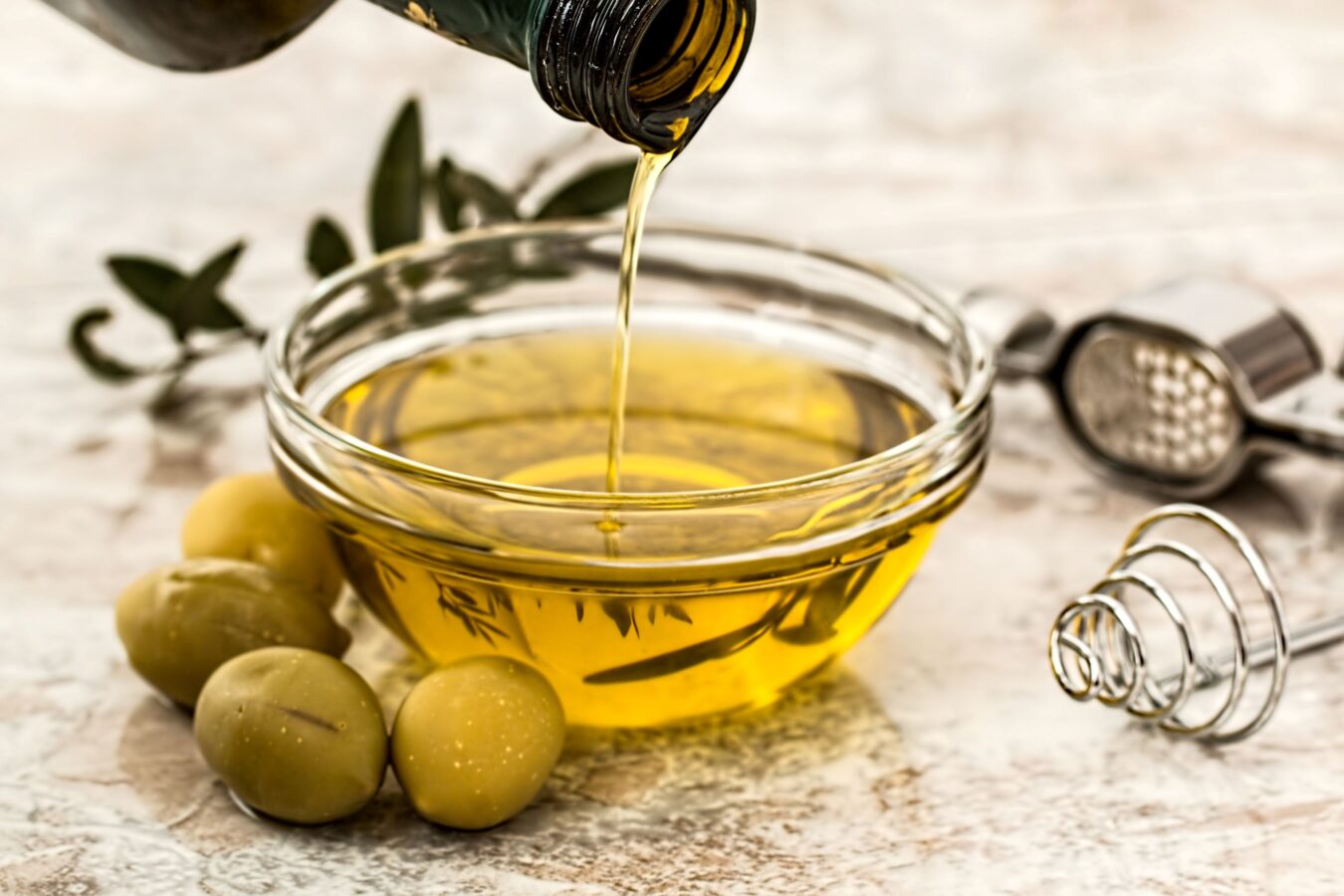
Olive Oil
One tablespoon of olive oil provides about 1.9 milligrams of vitamin E. Besides being a staple in Mediterranean cuisine, it’s a good idea to incorporate olive oil into a vegan diet for its vitamin E content.

Sunflower Oil
This oil is a vitamin E powerhouse, with about 5.6 milligrams per tablespoon. It’s an excellent choice for frying or sautéing vegetables.
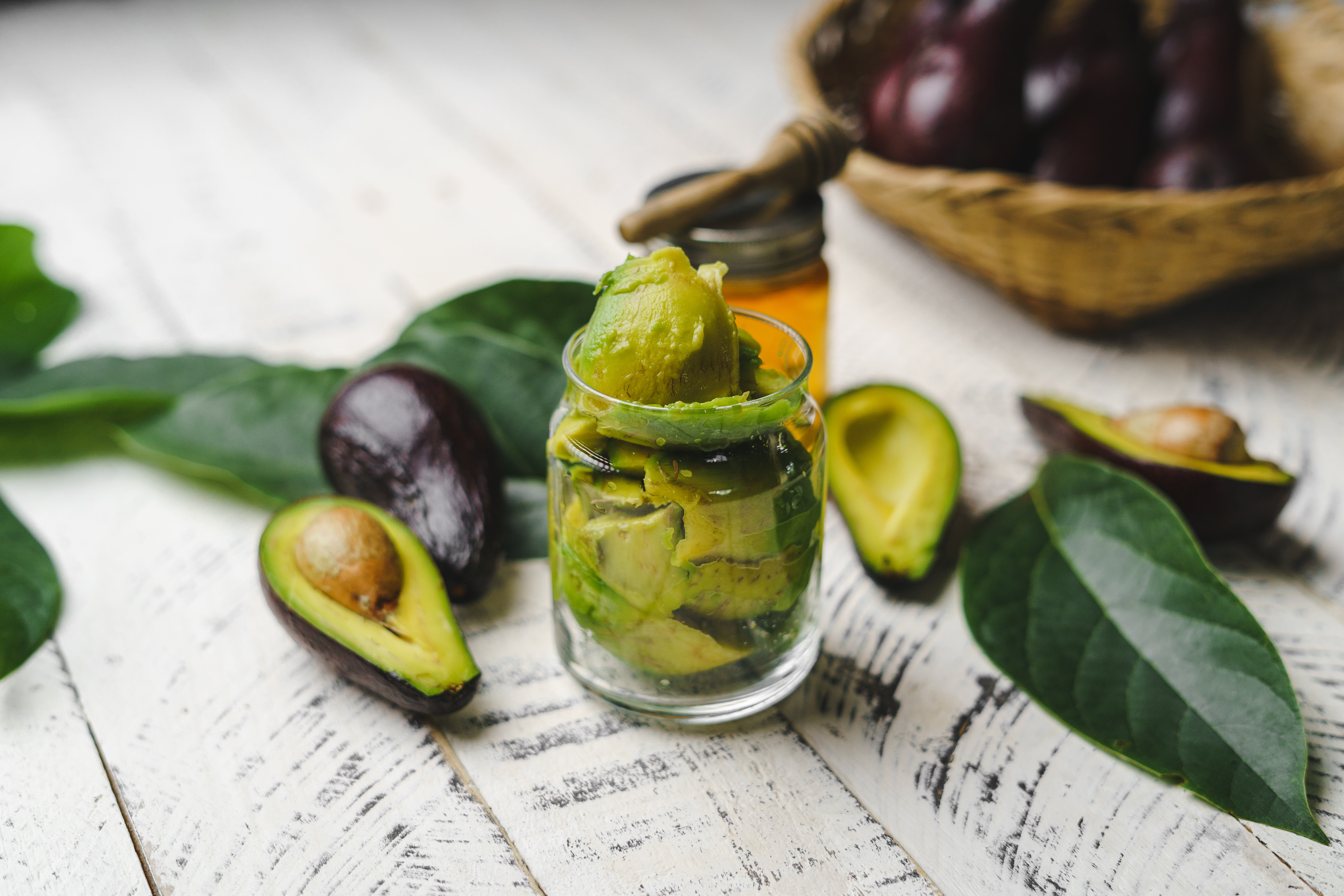
Avocado Oil
Not as common but equally rich, avocado oil contains around 2 milligrams of vitamin E per tablespoon. It is a versatile oil used in cooking or as a salad dressing.
Leafy Greens
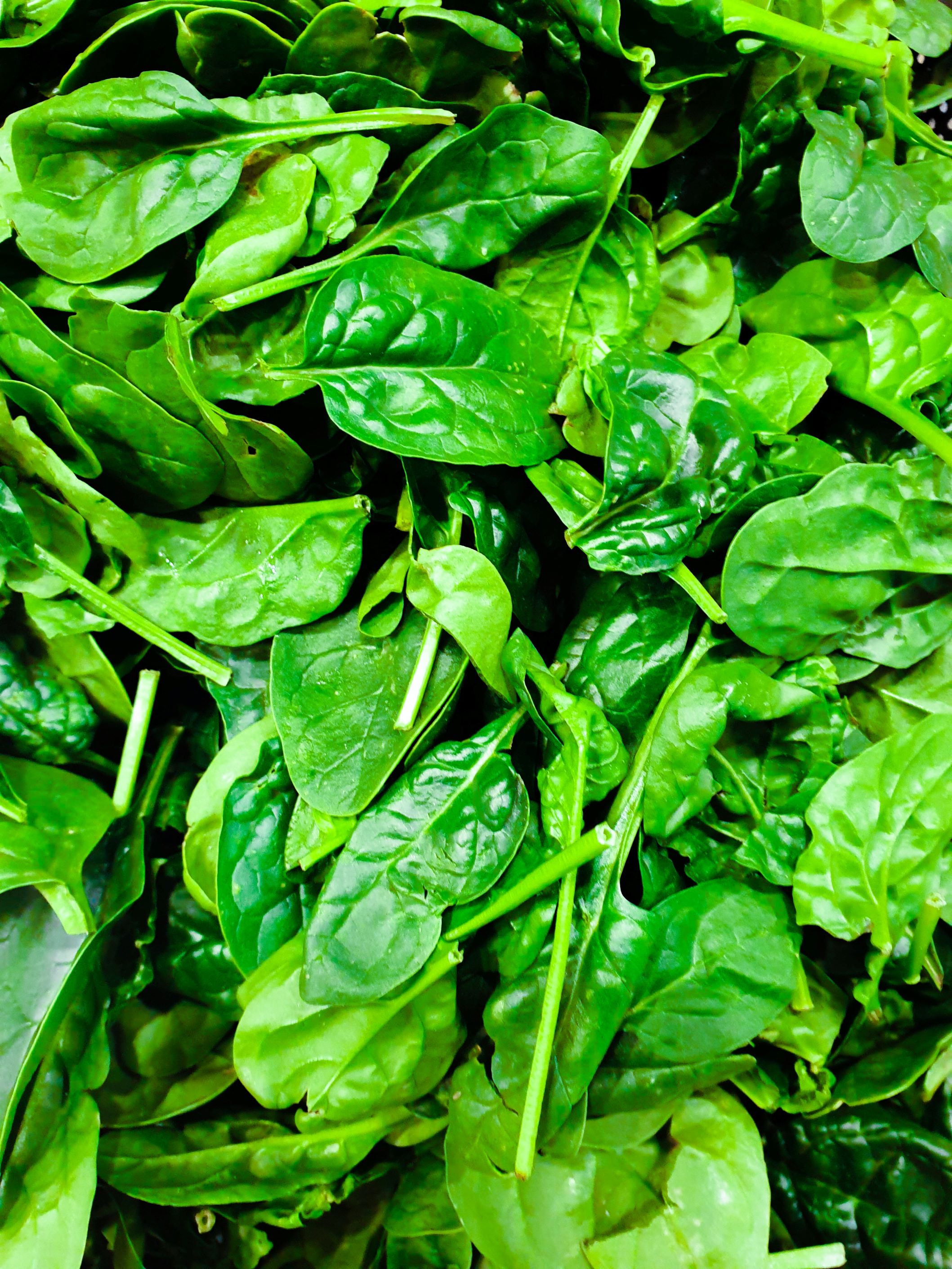
Spinach
One cup of cooked spinach provides around 6.7 milligrams of vitamin E. Adding spinach to salads or smoothies can significantly contribute to your daily vitamin E intake.
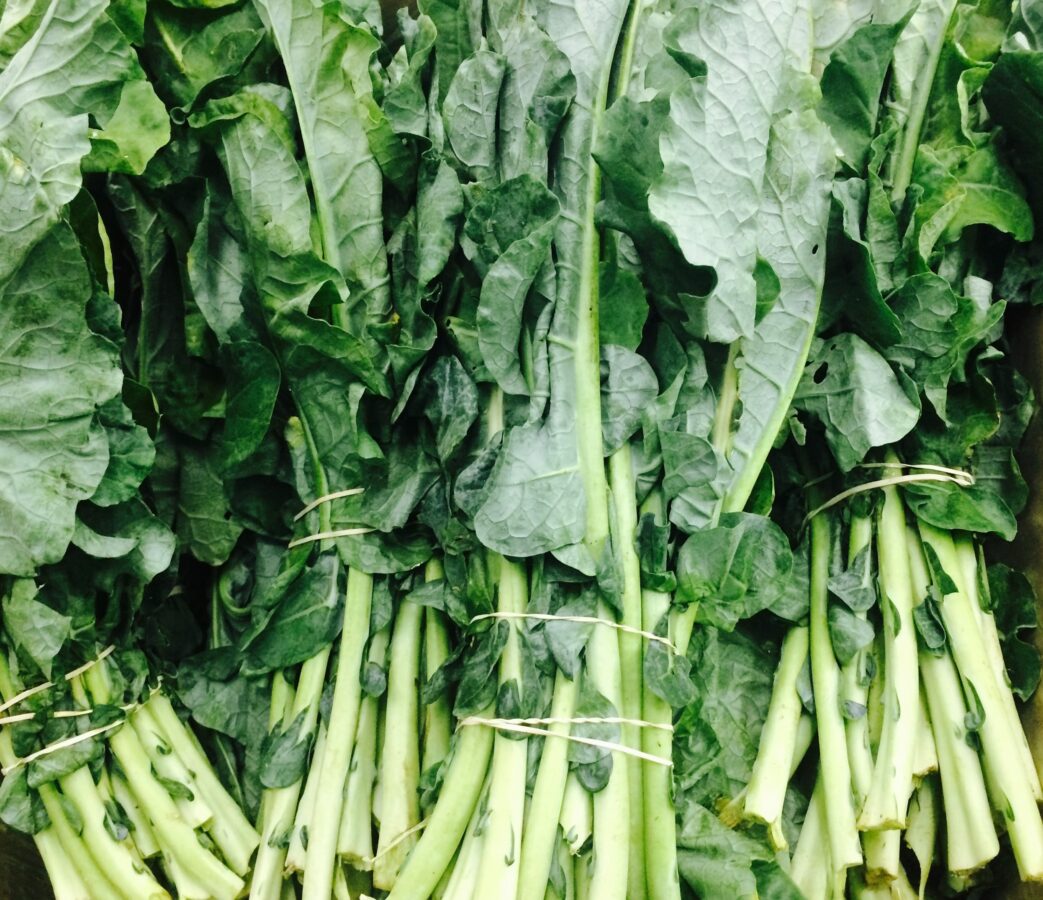
Swiss Chard
This leafy green contains about 3.3 milligrams of vitamin E per cooked cup. It can be a nutritious addition to vegan meals.
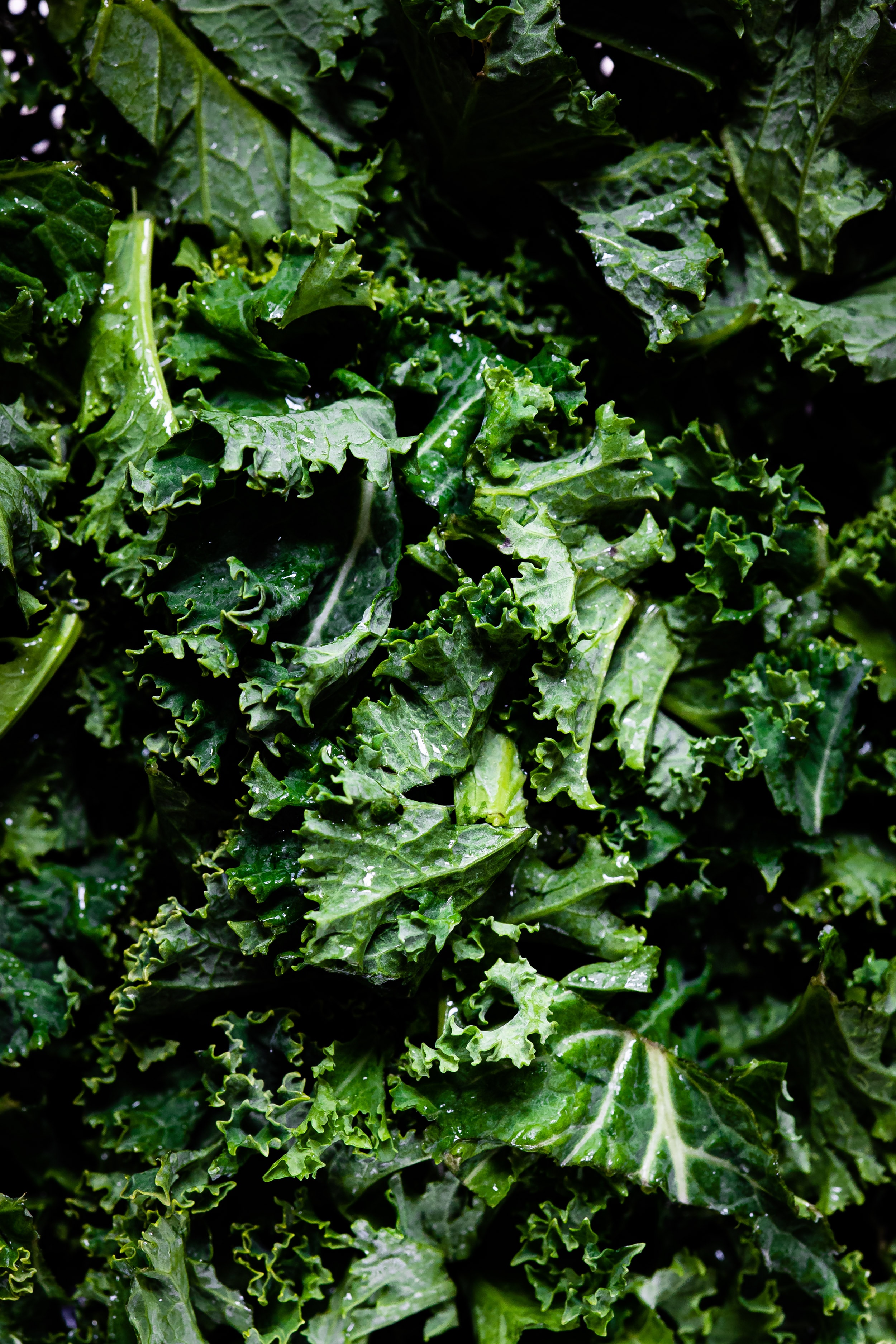
Kale
Though not as rich as other leafy greens, kale still offers about 1.1 milligrams of vitamin E per cooked cup. It’s a popular choice for vegan salads and smoothies.
Fortified Foods
Certain vegan-friendly foods are fortified with vitamin E to meet nutritional needs.
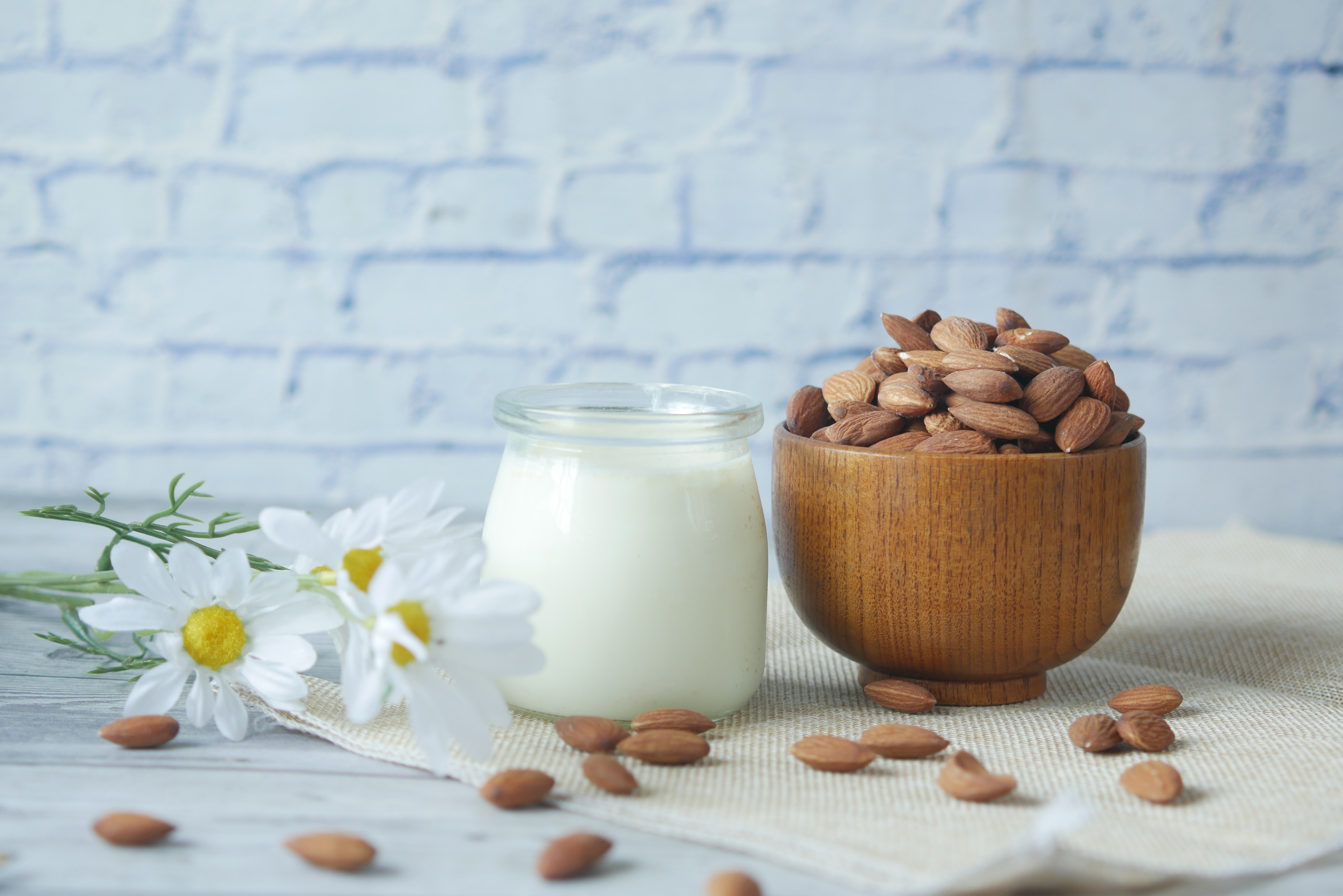
Plant-Based Milk
Almond and soy milk are often fortified with vitamin E. A single cup can provide a good portion of your daily needs.

Breakfast Cereals
Many vegan breakfast cereals are fortified with vitamins, including vitamin E. Always check the label for exact amounts.
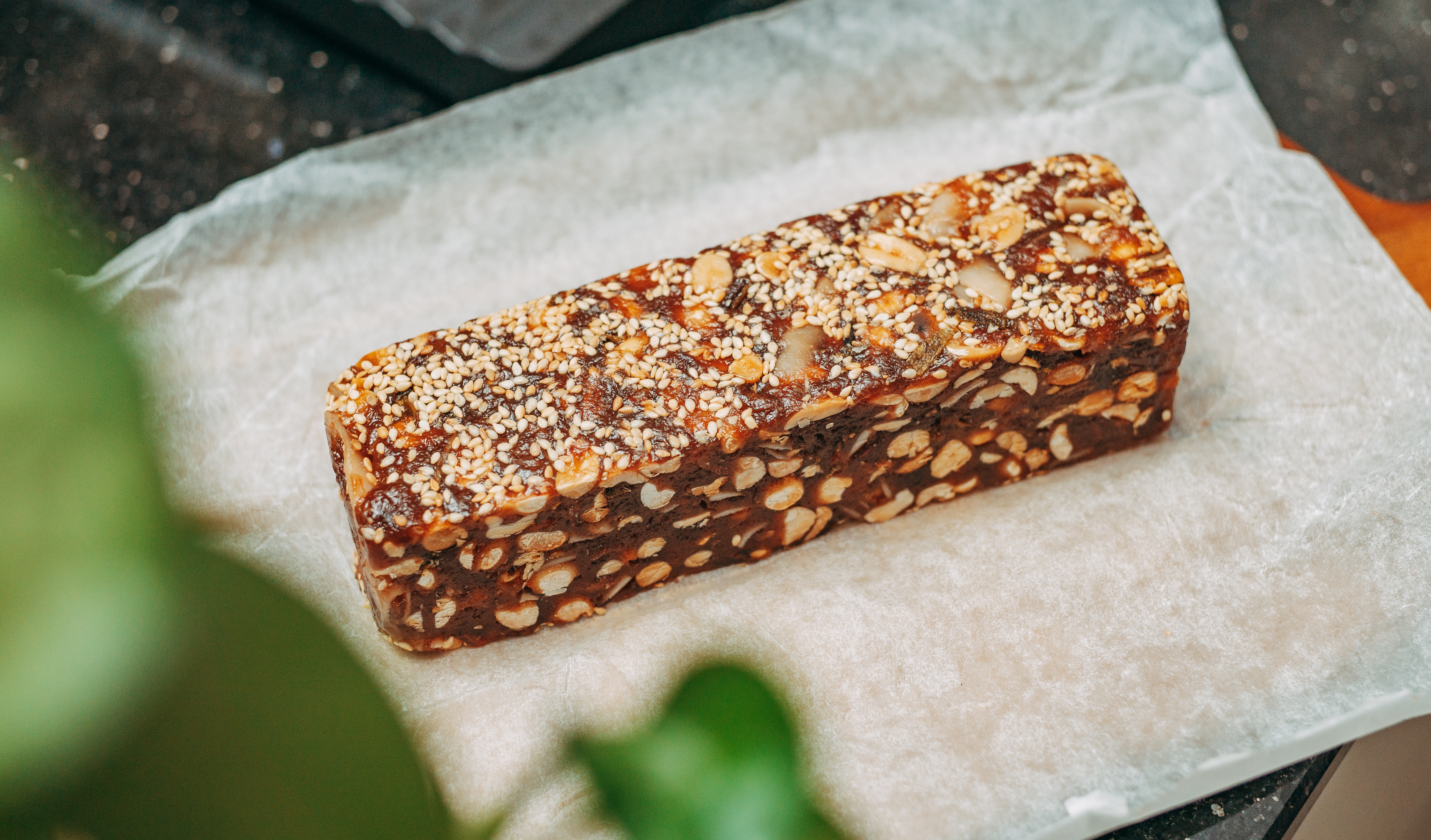
Snack Bars
Vegan snack bars can also be fortified with vitamin E. They make for a convenient, on-the-go option to ensure you are meeting your nutritional requirements.
Incorporating these vitamin E-rich foods into your vegan diet can meet your daily needs for this antioxidant. Always consult a healthcare provider with questions about your health condition or medication interactions.
Vegan Vitamin E Supplements
Supplements can play a critical role in helping vegans meet their nutritional requirements for vitamin E, especially for those with dietary restrictions or health conditions that make obtaining enough vitamin E from food sources challenging.
Types of Vitamin E Supplements
Various forms of vegan vitamin E supplements are available on the market, each offering potential benefits:
D-alpha-tocopherol
This is the most common form of vitamin E in supplements. It is a natural form and often a good choice for those looking to mimic the vitamin E found in food closely.
d-beta, d-gamma, and D-delta-tocopherols are other forms of vitamin E found in vegan supplements. They’re also natural and can offer different but complementary antioxidant benefits to d-alpha-tocopherol.
Synthetic forms
Though less easily absorbed, synthetic forms of vitamin E, like all-rac-alpha-tocopherol, are also available. Check the labels for other ingredients to ensure the product is vegan.
Vegan Capsules
Most vegan vitamin E supplements come in vegan capsules, often made from cellulose or other plant-based materials instead of animal products like gelatin.
Considerations for Supplement Use
When considering vitamin E supplementation, it’s essential to keep the following points in mind:
Consult a Healthcare Provider
Always consult a healthcare practitioner or a doctor to determine the correct dosage, especially if you take other medications.
Check Labels Carefully
Ensure the supplement is vegan and free from other ingredients you may wish to avoid, such as gluten or soy.
Dosage
The Recommended Dietary Allowance (RDA) for adults is 15 milligrams (or approximately 22.4 IU) per day. High doses of vitamin E can be harmful, so stick to the guidelines unless advised otherwise by a healthcare provider.
Interactions with Other Medications
Vitamin E can interact with some medications, including anticoagulants. Always check with a healthcare provider before starting any new supplement.
Drug Administration Guidelines
Look for supplements that adhere to regulations and quality assurances from trusted organizations. The Food and Drug Administration (FDA) does not strictly regulate dietary supplements, so purchasing from reputable sources is essential.
By making informed decisions and consulting healthcare providers, vegans can utilize vitamin E supplements as a viable and effective way to meet their dietary needs.
How the Body Utilizes Vitamin E
Understanding how the body absorbs, distributes, and utilizes vitamin E is essential for optimizing its health benefits. Vitamin E is a fat-soluble vitamin, so it is best absorbed when consumed with dietary fats.
Once absorbed in the intestines, it’s transported via the bloodstream to various tissues and organs for utilization. The liver plays a significant role in regulating the distribution of vitamin E throughout the body.
Nutrients Affecting Vitamin E Absorption
Certain nutrients can either facilitate or impede the absorption of vitamin E:
Dietary Fats
Since vitamin E is fat-soluble, consuming it with dietary fats like vegetable oils and nuts can enhance absorption.
MineralsExcessive amounts of minerals like zinc or iron may compete with vitamin E for absorption, potentially reducing its bioavailability.
Positive Absorption Interactions
Certain nutrients work synergistically with vitamin E to enhance its absorption and overall effectiveness:
Vitamin C and Vitamin E
Both vitamin C and vitamin E are powerful antioxidants. When they get consumed together, they can work synergistically to bolster antioxidant activity. Vitamin C is water-soluble and works primarily in the aqueous environments of the body, while vitamin E is fat-soluble and works in lipid environments.
Together, they provide comprehensive protection against free radicals and oxidative damage, which is crucial for maintaining overall health.
Negative Absorption Interactions
Several factors can negatively impact vitamin E absorption:
Phytates
Found in grains and legumes, phytates can bind to vitamin E and other nutrients, reducing their bioavailability.
Excessive Alcohol
High amounts of alcohol can impair the liver, which is essential for vitamin E absorption and distribution.
To mitigate these effects, aim to consume vitamin E-rich foods or supplements, along with dietary fats for optimal absorption while minimizing foods high in phytates or excessive alcohol consumption.
By understanding these interactions and absorption mechanisms, you can better plan your vegan diet to meet your daily needs for this nutrient.
Lifestyle Factors That Impact Vitamin E Needs
Vitamin E requirements can vary depending on a range of lifestyle factors such as age, physical activity, and existing health conditions. For instance, adults generally require 15 milligrams (or 22.4 IU) of vitamin E per day, according to the Food and Drug Administration.
However, athletes or those engaged in intense physical activity may have slightly increased needs due to higher levels of oxidative stress and free radical production.
Aging also impacts vitamin E needs, with older adults often requiring more to help protect against age-related diseases and oxidative damage. Certain health conditions like malabsorption syndromes can also significantly affect vitamin E requirements.
According to the National Institute of Health:
- Infants up to 6 months: 4mg of vitamin E daily
- Infants 7 months – 12 months old: 5mg of vitamin E daily
- Children 1 year – 3 years old: 6mg of vitamin E daily
- Children 4 years – 8 years old: 7mg of vitamin E daily
- Children 9 years – 13 years old: 11mg of vitamin E daily
- Teens 14 years – 18 years old: 15mg of vitamin E daily
- Adults 19+ years old: 15mg of vitamin E daily
- Pregnant teens & women: 15mg of vitamin E daily
- Lactating teens & women: 19mg of vitamin E daily
Consult your healthcare practitioner or doctor for more specific information tailored to your needs.
FAQ
If you have more questions about meeting your vitamin E needs on a vegan diet, our FAQ section addresses some of the most commonly asked queries
How much vitamin E do I need daily on a vegan diet?
The daily recommended amount of vitamin E for adults on a vegan diet is the same as for those on an omnivorous diet, which is 15 milligrams.
Can I meet my vitamin E needs through plant-based foods alone?
Yes, it’s possible to meet your vitamin E needs through plant-based foods alone. Excellent choices include nuts like almonds, various seeds such as sunflower seeds, and vegetable oils.
Are vitamin E supplements necessary for vegans?
Supplementation is generally unnecessary if you maintain a varied vegan diet rich in sources of vitamin E. However, consult your healthcare practitioner if you have specific health conditions that may require additional vitamin E.
How does cooking affect the vitamin E content of foods?
Cooking methods like frying and boiling can reduce the vitamin E content in plant-based foods. However, steaming is a better option for retaining the nutrient.
Does vitamin E help with skin health and aging?
Vitamin E is an important antioxidant that can help with skin health and may reduce signs of aging by fighting oxidative damage.
By understanding your needs and the factors influencing them, you can make more informed choices about incorporating enough vitamin E into your vegan diet. Always consult a healthcare provider for advice tailored to your health condition.
